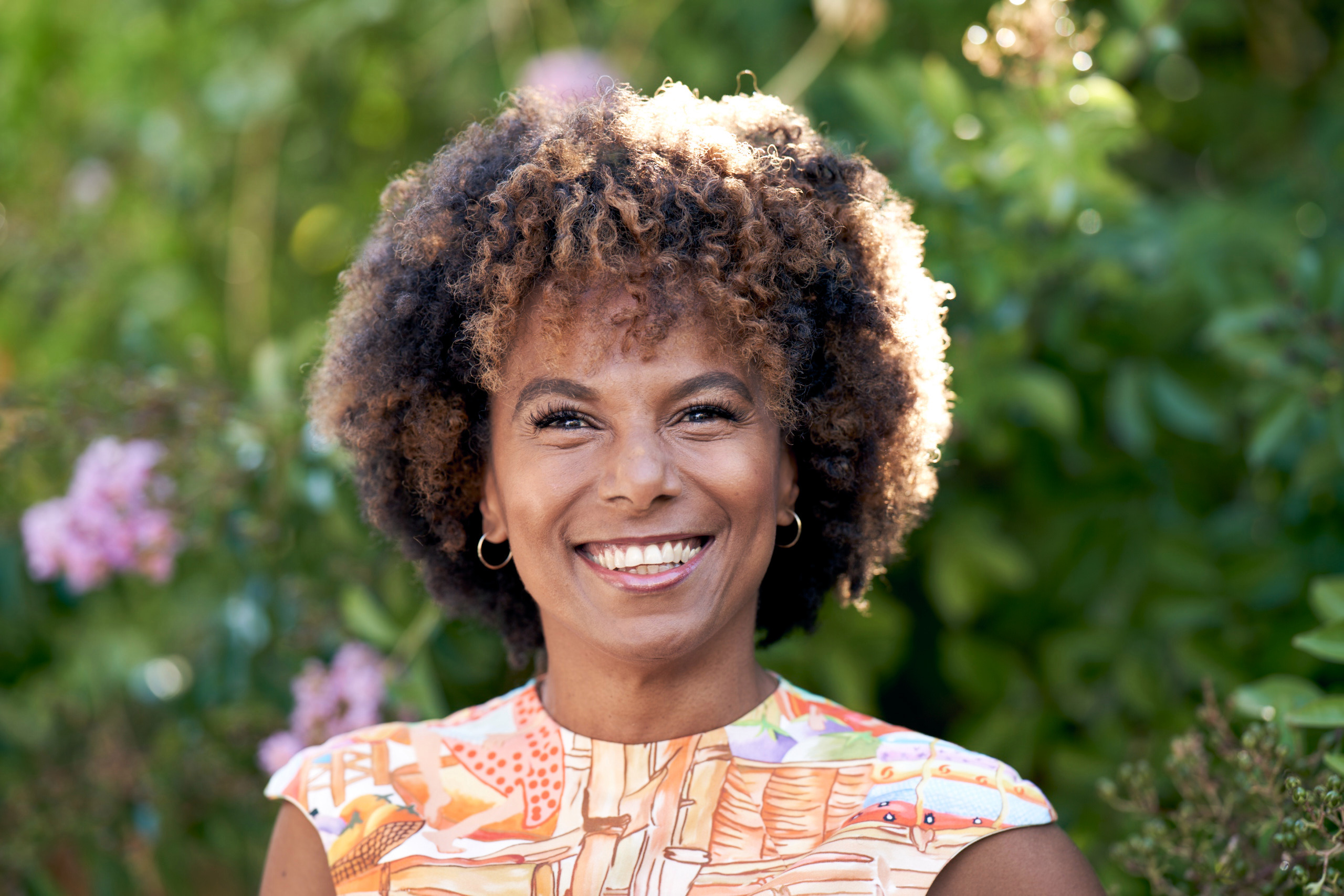While it feels like a far-off vision, glimmers of the metaverse are already being experienced today. Millions of people are using immersive technology, giving us a glimpse of what the future could look like and placing us at a critical moment in its growth. Now is the time for us to be intentional about who helps build the metaverse, so that we are creating an environment that is inclusive of everyone using it, rather than making it a fix later.
Since we announced our vision for the metaverse — and in my role as Chief Diversity Officer — it’s been my mission to make sure that every strategy or feature we add to our metaverse plans considers how people from all backgrounds will interact with it. Along with others in the tech industry, we are building from the ground up, with the opportunity to make every part of the metaverse reflect everyone under the sun.
Investing in Europe
One of Meta’s earliest building blocks in this foundational work is a two-year $50 million global investment into partnerships and research with groups that will help catch blind spots early. In Europe specifically, we’re working with several groups to make sure the architects behind all that we build are as diverse as the outcomes we want to achieve.
- We’re partnering with Women in Immersive Tech Europe who are building networks of women and underrepresented groups driving Europe’s virtual, augmented and mixed reality sectors.
- Together with Colorintech, another European organization, we’re working on a competition for UK creators to inspire ideas around equity within the metaverse and awards to support underrepresented creators.
- In Germany, we’re working with Alte Nationalgalerie to bridge the gap between Visual Arts and the VR experience. The experience captures both the spirit of Erdmann Hummel’s work and reflects today’s vibrant and diverse art and society.
Another part of that global investment is talent recruitment from every corner of the globe. In Europe, we know there’s unique engineering talent and a vibrant tech ecosystem. We’re harnessing that talent and creating jobs for 10,000 high-skilled European workers who will support building the metaverse and the future of the internet. As a part of this commitment, we’ve recently announced, we’re recruiting up to 2,000 people in Spain over the next five years and opening the world’s first remote work, start-up and events space in Madrid. These investments, along with the talent acceleration are foundational to building an inclusive metaverse.
Building Inclusive Technologies in Europe
Not only should your culture be present in the metaverse, but you should be authentically present as well. Avatars are at the heart of enabling that, and it’s something that our teams in London are building. We’ve focused on making them so diverse that there are already over 1 quintillion different combinations across our apps to set up your avatar, making it possible for everyone to find themselves in the options. We’re building a lot of optionality with hair and skin tones and clothing, but we’re also going beyond aesthetics. For example, we’ve partnered with the United Spinal Association’s tech access program to get the lived experience of people with disabilities, which helped us launch cochlear implants, wheelchairs and over-the-ear hearing aids for avatars. They help create new opportunities to connect with each other the same way we connect in person.
And as much as our appearances communicate, so do the languages we speak. For people who speak or read languages like English and German, the internet offers endless possibilities. But many people who speak only a dialect or unwritten language are cut off. We made incredible strides with machine translation, to the point where we’ve created tools that can translate 100 written languages without relying on English data. Our teams in Europe work on advancing the field of computer vision and natural language processing, helping to create more intelligent virtual worlds and assistants in the metaverse.
The metaverse has the potential to be a great technological equalizer, but that can only happen if we get involved during these early stages to help steer the direction of what we want the future to look like. We’ve got a long road ahead of us. Our success in realizing this vision depends on our investments, our commitment and who is at the table making decisions. Meta is committed to involving people from all backgrounds from the very beginning to create a future where everyone can prosper on the same playing field.
